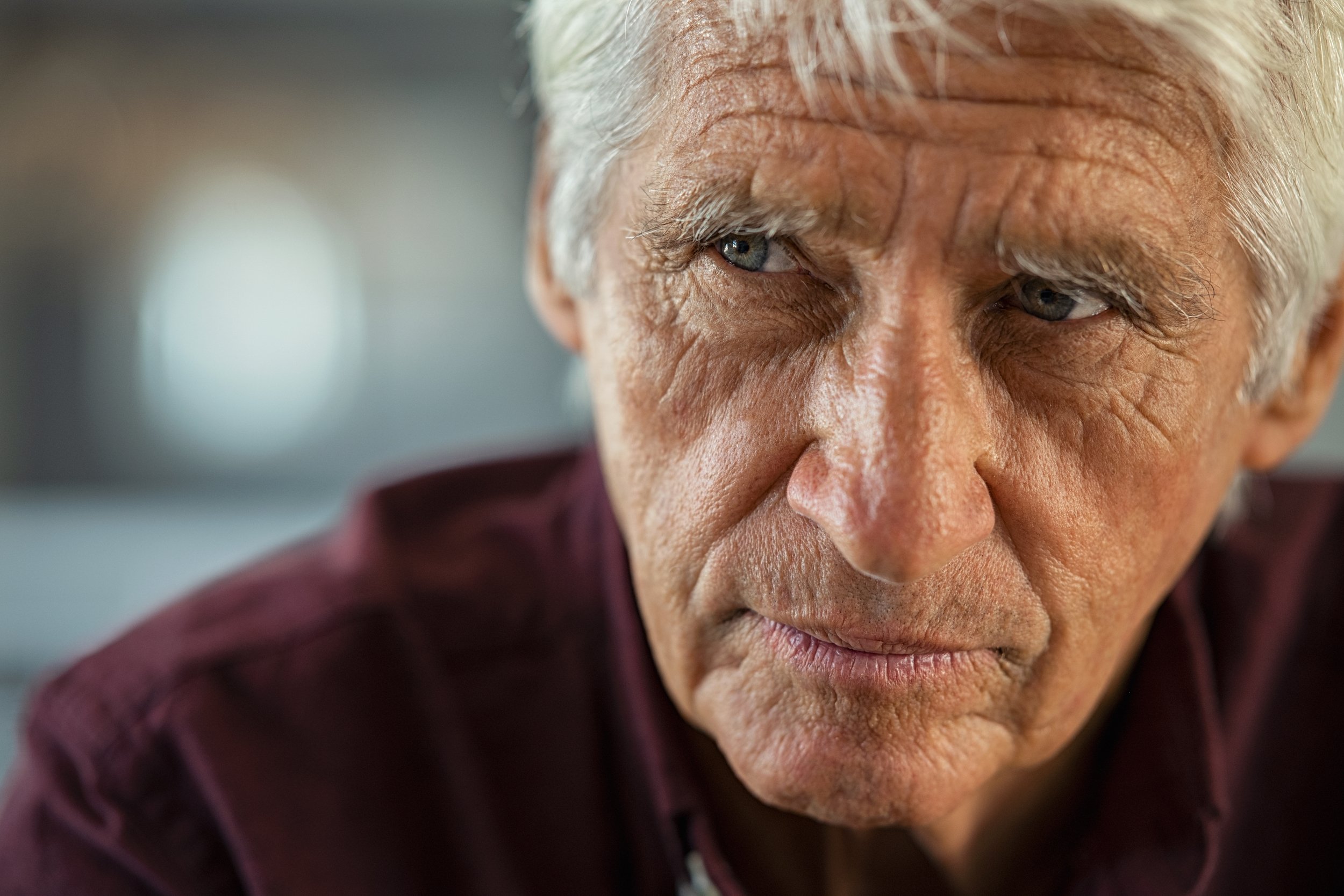Re-imagining addiction recovery
Ambling into the conference room Monday, he mixes easily with the growing crowd.
They’re here to attend Still Here’s Recovery Coach Training, a five-day, 40-hour immersive training unlike any other in the country.
Tom (not his real name) has decades of good sobriety thanks to his work in 12-step recovery. He’s come to this recovery coach training as a matter of curiosity to see “what all the fuss is about.”
The “fuss,” in Canada at least, is growing embrace of recovery coaching, now increasingly seen as a critical piece of recovery-oriented system of care.
Addiction being a disease of disconnection, recovery coaches are connectors, helping those with substance use issues build strong recovery capital — the foundational underpinnings of lasting recovery.
Tom chats with Patrick, and the pair come to quick agreement on the importance of abstinence from substances — the only way is to recover is to quit completely, they agree. But Patrick is from SMART Recovery, a very different approach than 12-step programs. Both believe their pathway to recovery saved their lives, and hold firmly that their way is the only way.
One of the great joys in facilitating a recovery coach training is seeing those hard-held beliefs melt away over the week.
It’s “facilitating” because this room is full of experts in their own right, and the teaching comes from the swirling cauldron of thought within the group, not from anything arising from the front of the class.
This is adult education at its finest.
The firmly held beliefs about addiction and recovery begin to melt on Day-One, when we unveil CCAR’s definition of recovery.
“A person is in recovery when they say they are in recovery.”
Many from the group refuse to adopt that definition, saying they want to see some demonstration of recovery, either action or a visible sign of willingness.
The discussion roils for a while before settling on the possibility that someone actually is in recovery when they say they are. Perhaps, they allow, in saying it out loud, that is all the demonstration of willingness that’s needed.
As the five days unfold, previously held beliefs continue to soften.
On completion, may acknowledge there’s a whole world of recovery out there that hadn’t occurred to them.
And it’s with that new-found knowledge they are able to reach people a lot sooner, and guide them into a robust recovery.
And that’s exactly what this country needs right now.

